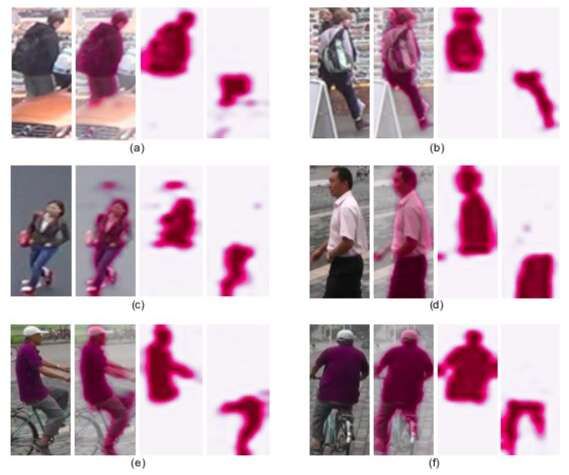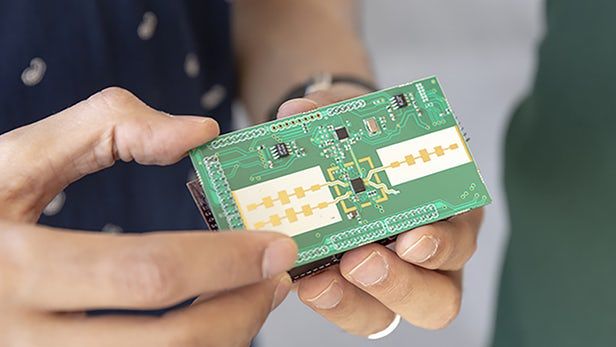Person re-identification entails the automated identification of the same person in multiple images from different cameras and with different backgrounds, angles or positions. Despite recent advances in the field of artificial intelligence (AI), person re-identification remains a highly challenging task, particularly due to the many variations in a person’s pose, as well as other differences associated with lighting, occlusion, misalignment and background clutter.
Researchers at the Suning R&D Center in the U.S. have recently developed a new technique for person re-identification based on a multi-scale body-part mask guided attention network (MMGA). Their paper, pre-published on arXiv, will be presented during the 2019 CVPR Workshop spotlight presentation in June.
“Person re-identification is becoming a more and more important task due to its wide range of potential applications, such as criminal investigation, public security and image retrieval,” Honglong Cai, one of the researchers who carried out the study, told TechXplore. “However, it remains a challenging task, due to occlusion, misalignment, variation of poses and background clutter. In our recent study, our team tried to develop a method to overcome these challenges.”








